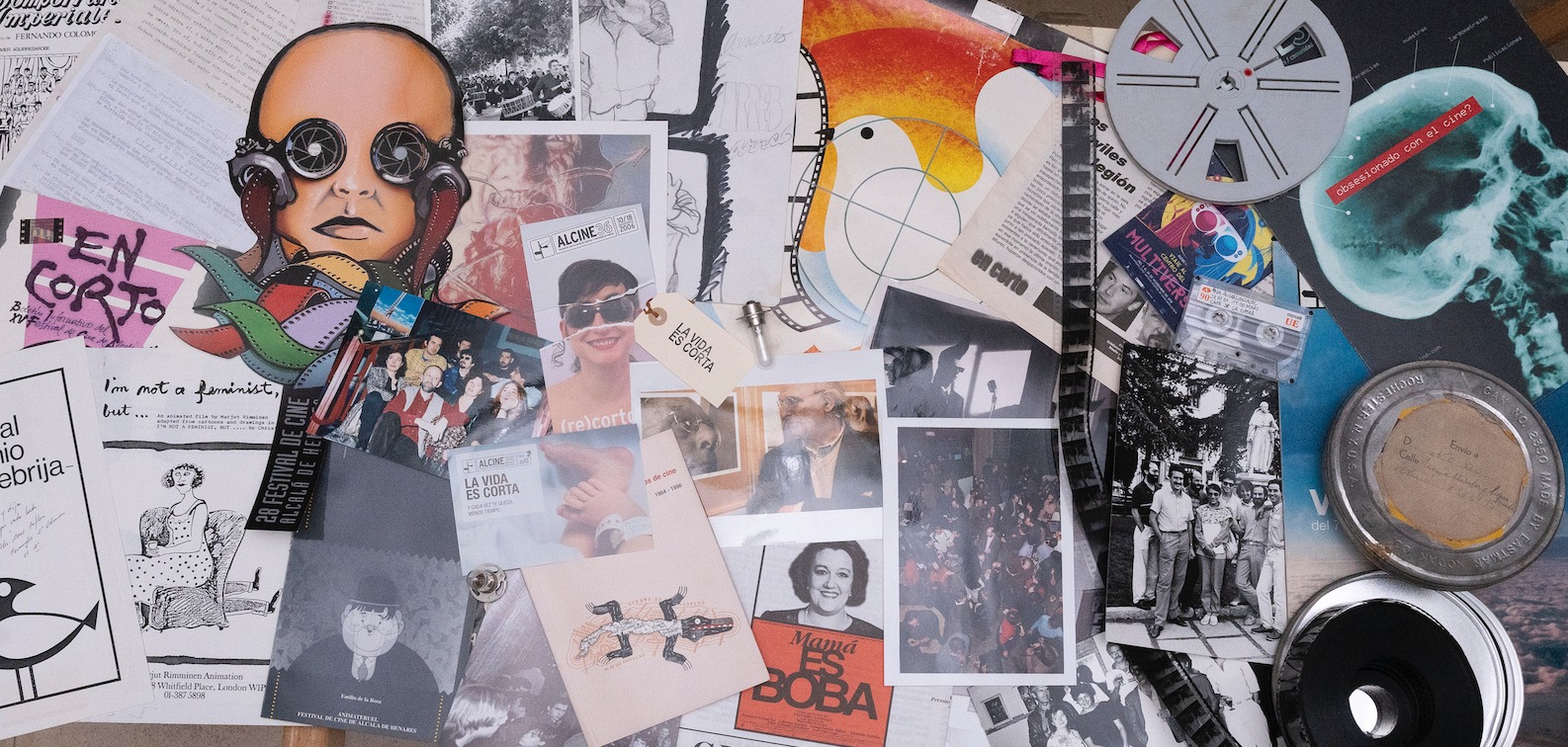
During the nineties, the Spanish short film seems to be experiencing its best days. This moment of glory occurs parallel to the boom of young creators who seem to have reconciled Spanish cinema with the box office. The short occupies a cultural and media space never imagined at the end of the eighties (...). Another question is to elucidate whether the spectacular growth in the industrial quality of the works and the constant rise in production figures correspond to the achievements obtained in the artistic and creative territory. And if the new perspectives in the field of exhibition are nothing more than a soap bubble, a mirage that can disappear at any moment, given the weakness of the structures that support the format.
From the book Una década prodigiosa. El cortometraje español de los noventa.
(José M. Velázquez and Luis Ángel Ramírez)
Alcalá was the beginning of the course, the starting signal where you could see the best of the Spanish short film of the year. Currently very well-known directors arrived at the festival and at La noche + corta with their short film under their arm: Javier Fesser, J. A. Bayona, Álex de la Iglesia, Santiago Segura, Icíar Bollaín, Álvaro Fernández Armero, Paco Plaza, Jaume Balagueró, Daniel Sánchez Arévalo, Ramón Salazar, Javier Rebollo, Borja Cobeaga... There were also wonderful short films and directors who were not so lucky in the long jump, but they are no less brilliant for that reason; Campeones, by Antonio Conesa, Bailongas, by Chiqui Carabante, Malas compañías, by Antonio Hens, Una luz encendida, by Alber Ponte... The list is endless, I couldn't stop naming short films that touched me and marked me.
María Rubín, head of Spanish cinema at Movistar+ and director of the program La noche + corta on Canal+.
To learn more, consult the free access book "Historia(s) de un festival de Cine” (in Spanish).